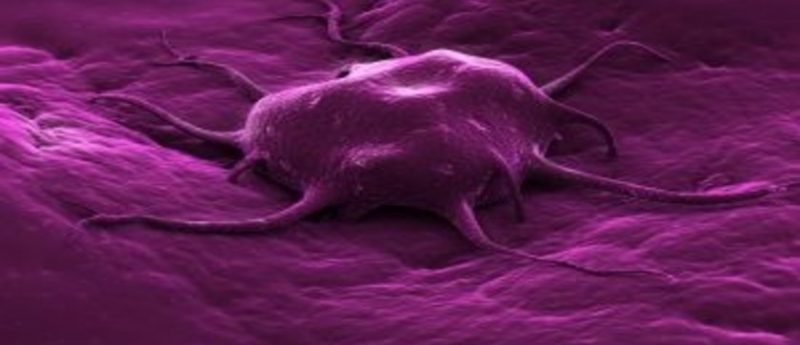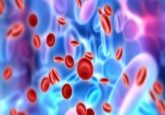T cells lacking HDAC11 enzyme may destroy tumor cells more effectively

In a study published recently in the journal Blood, researchers from the George Washington University (GW) Cancer Center (DC, USA) have uncovered a novel role for the histone deacetylase 11 (HDAC11) enzyme in the regulation of T cell effector functions. The findings indicate that HDAC11 could be a promising immunotherapeutic target.
Senior author Eduardo M. Sotomayor from the GW Cancer Center stated: “The goal of the T cell is to destroy the cancer tumor cells. We wanted to look at and understand the mechanisms that allowed crosstalk between the tumor and the T cells that stopped the T-cells from doing their job.”
By utilizing HDAC11 knockout (KO) mice, the team demonstrated that T cells from KO mice displayed enhanced proliferation, pro-inflammatory cytokine production and effector molecule expression. These T cells also had increased expression of transcription factors previously shown to regulate inflammatory cytokine and effector molecule production. Conversely, overexpression of HDAC11 resulted in decreased expression of the genes encoding these transcription factors.
Furthermore, the team revealed that T cells from HDAC11KO mice have increased effector functions, and mediate accelerated onset of acute graft-vs-host disease, characterized by increased proliferation of T-cells and expression of IFNγ, TNF and Eomesodermin . The team also observed that the adoptive transfer of HDAC11KO T cells resulted in significantly reduced tumor burden in a murine B-cell lymphoma model.
“We don’t want T cells to be easily activated, as they can cause harm to the host — the patient. So we want to look at possible methods and therapies to activate the T cells when they need to work,” explained Sotomayor.
Overall, this research highlights that HDAC11 should be considered as a novel immunotherapeutic target. Sotomayor concluded: “The next step is to perform preclinical studies with specific inhibitors of HDAC11 alone and in tandem with other existing immunotherapies, such as anti-PD1/anti-PDL1 antibodies, in order to find the most potent combination. Our goal is to make the T cells better at destroying cancer tumors.”
Sources: Woods DM, Woan KV, Cheng F et al. T-cells lacking HDAC11 have increased effector functions and mediate enhanced alloreactivity in a murine model Blood doi: https://doi.org/10.1182/blood-2016-08-731505 (2017); GW Cancer Center press release



